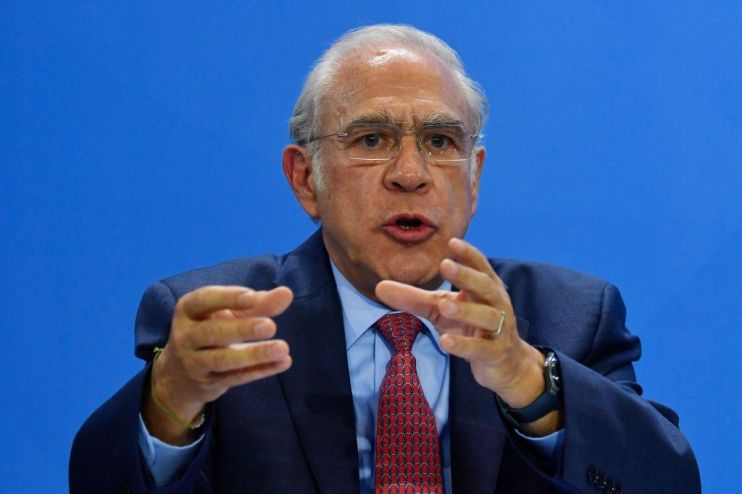Collapse of global digital tax talks could cost $100bn, OECD warns

The global economy could shed more than one per cent of output if international talks to rewrite cross-border tax rules break down and trigger trade wards, the OECD warned today.
Nearly 140 countries agreed last week to extend talks on the first major rewriting of cross-border tax rules in a generation to mid-2021 after the coronavirus pandemic and hesitation from the US ahead of the presidential election squashed hopes of reaching a deal this year.
Public pressure is growing on big multinational firms to pay their share under international tax rules after COVID-19 strained national budgets, the countries said in an agreed statement.
The aim of the talks is to update international tax rules for the age of digital commerce, with a focus on discouraging tech giants such as Google, Facebook and Amazon from booking profits in low-tax countries like Ireland regardless where their customers are based.
OECD secretary general Jose Angel Gurria said new rules were “urgently needed” to “adapt the international tax architecture to new and changing business models”.
“It is imperative that we take this work across the finish line,” he continued. “Failure would risk tax wars turning into trade wars at a time when the global economy is already suffering enormously.”
Before the Open newsletter: Start your day with the City View podcast and key market data
In the absence of a new international rulebook, a growing number of governments are planning their own digital services taxes, which has prompted threats of trade retaliation from the Trump administration.
“In the ‘worst-case’ scenario, these disputes could reduce global GDP by more than one per cent,” according to an impact assessment by the OECD.
The report found that new rules for digital taxation and a proposed global minimum tax would increase global corporate income tax worldwide between 1.9 per cent and 3.2 per cent, or about $50bn to $80bn per year.
The figure could reach $100bn when including an existing US minimum tax on overseas profits, amounting to four per cent of global corporate income tax, the OECD estimated. The organisation said that any drag on global growth would be no more than 0.1 per cent in the long term.
Meanwhile the OECD said today that it sees support for international tax reform from both parties ahead of the US election.
“We believe that the desire to move forward is shared in the United States, (and) that it is bipartisan,” Gurria told journalists. “Regardless of the results of the election of 3 November, we will be able to move forward.”